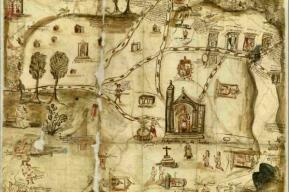News
Health Education and Well-being for Indigenous Peoples in Brazil

The objective is to collaborate in disseminating information that can foster the protection of Indigenous peoples in Brazil, especially in the current context marked by the health crisis caused by the COVID-19 pandemic. The production of videos in each population's mother tongue has been an essential process to preserve their intangible heritage, involve their rights and traditional knowledge, raise awareness of their cultural richness, and promote crucial interfaces between indigenous populations and society.
Indigenous peoples represent 5% of the world's population, but they are among the 15% poorest ones. They face challenges such as increasing migration, educational disadvantage, pressure to assimilate other cultural values, gender-based violence and other forms of discrimination, and limited access to health services and employment.
The videos show the work carried out with seven Indigenous ethnic groups – Wapichan, Ticuna, Yanomami, Ye'kwana, Macuxi, Taurepang and Warao – all of them live in the Amazon and Roraima states (Brazil). The initiative made it possible for Indigenous peoples to access information about prevention and treatments for STI/HIV/AIDS, viral hepatitis and COVID-19. UNESCO is committed to protecting the rights of Indigenous peoples. Also, according to the 2030 Agenda, the Organization intends to ensure that they are not left behind while building a better, more sustainable, and juster future for all.

More about this project
Education on Health and Well-being for Indigenous Populations: Preventing STI/HIV/AIDS and Viral Hepatitis









